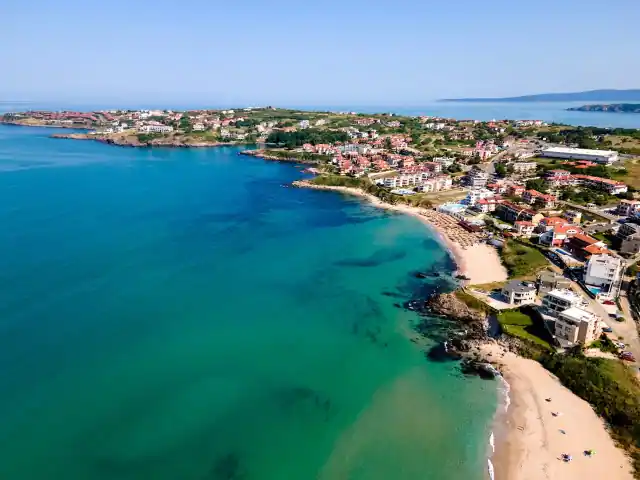
Burgas, Bulgaria – Tourists visiting Bulgaria’s Southern Black Sea Coast next summer can expect to pay significantly more for accommodation, with overnight prices projected to rise by 30%.
This forecast emerged from discussions between tourism industry representatives and Minister of Tourism Miroslav Borshosh in Burgas, where key issues such as pricing trends, early bookings, and the long-overdue creation of a Tourist Guarantee Fund were addressed.
According to the Ministry of Tourism, early bookings for the 2025 season have already increased by 10-20%, signaling strong demand despite rising costs. Industry experts maintain that Bulgaria’s price hikes remain in line with regional trends.
Tour operator Yanitsa Dineva noted that accommodation costs have risen the most in Turkey, followed by Greece, and then Bulgaria, reflecting broader inflationary pressures on the tourism sector across Southeastern Europe.
One of the meeting’s central discussions revolved around the establishment of a Guarantee Fund for Consumer Protection, a requirement under European Union regulations that Bulgaria has yet to implement.
Delayed for nearly four years, the fund aims to safeguard travelers in cases of financial insolvency or service disruptions.
Minister Borshosh acknowledged the existing disagreements surrounding the fund’s structure but underscored the urgency of resolving them within the next three months.
He pointed out that the Covid-19 crisis had demonstrated the critical need for such a mechanism, reinforcing the government’s commitment to ensuring its implementation.
Another key issue raised was the need for enhanced transparency in the tourism sector. Borshosh highlighted concerns over certain operators who benefit from Bulgaria’s tourism boom without fulfilling financial obligations, such as taxes and insurance.
Tackling these unfair practices, he stated, is a top priority for the Ministry of Tourism as it seeks to create a more sustainable and accountable industry.
Beyond pricing and regulatory concerns, the minister also reaffirmed the government’s support for Burgas’ bid to become the European Capital of Culture in 2032.
The city’s growing prominence as a cultural and economic hub was emphasized, with officials noting that securing the title would further elevate Bulgaria’s status as a premier travel destination.
This article was created using automation technology and was thoroughly edited and fact-checked by one of our editorial staff members
